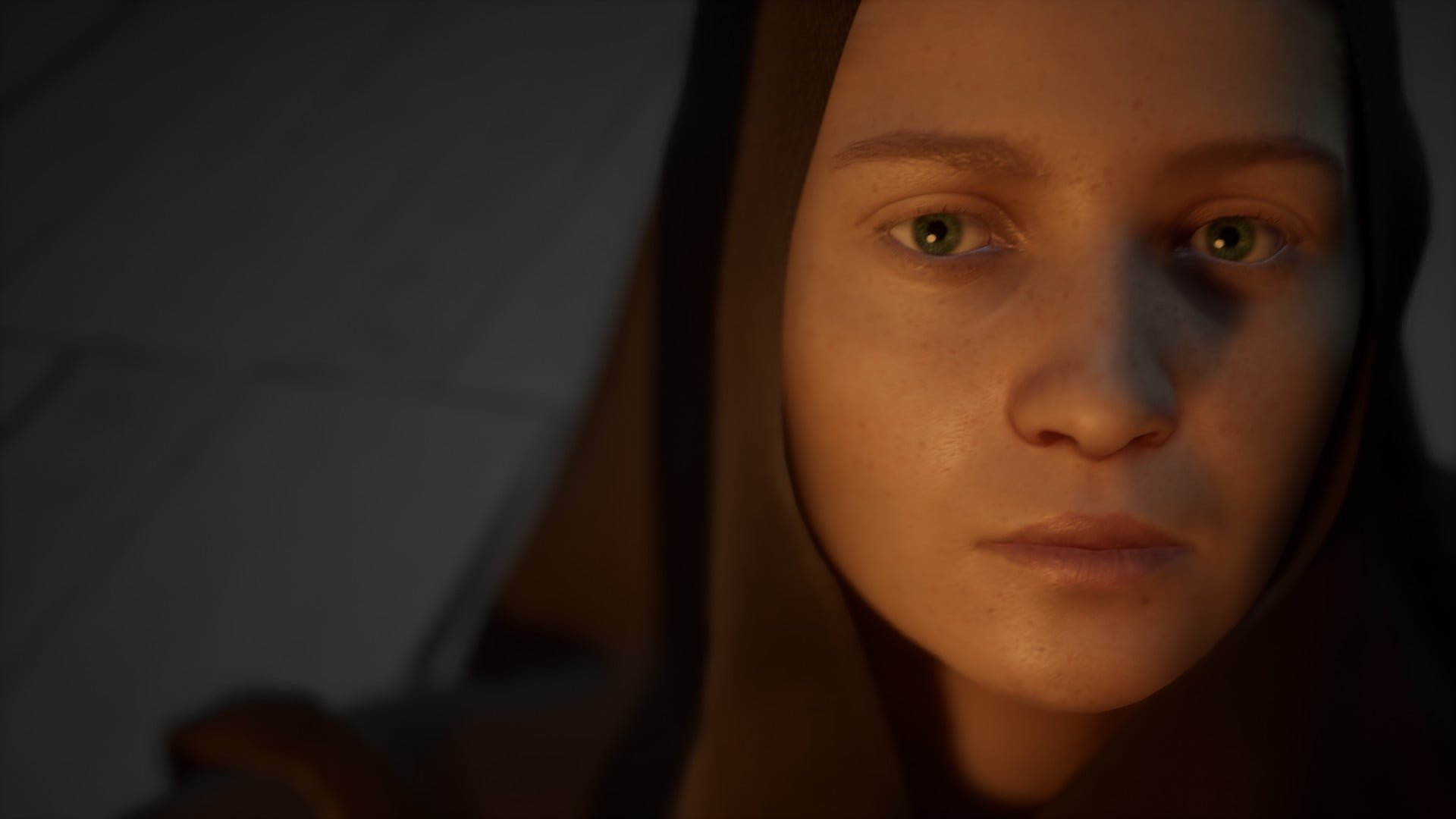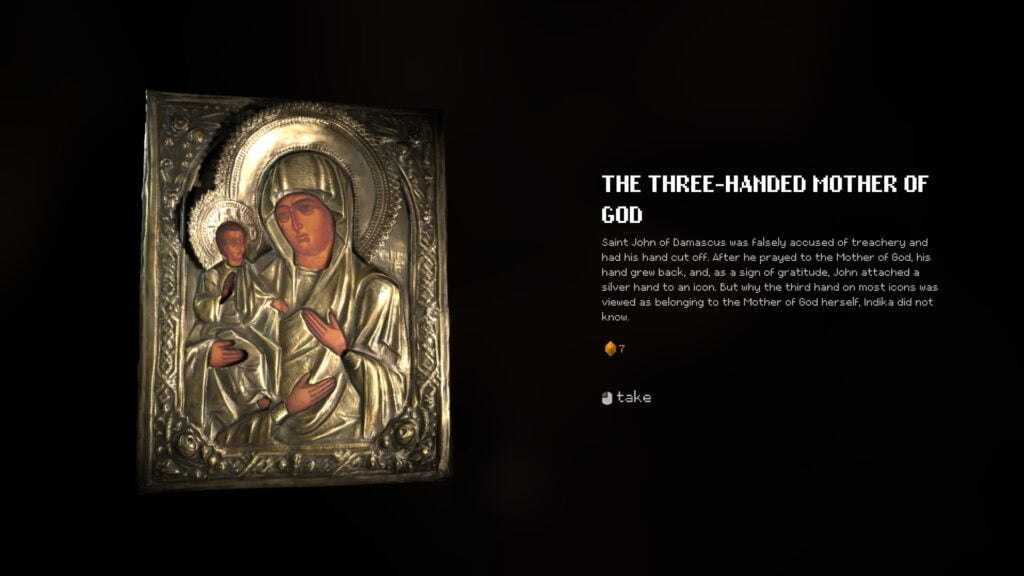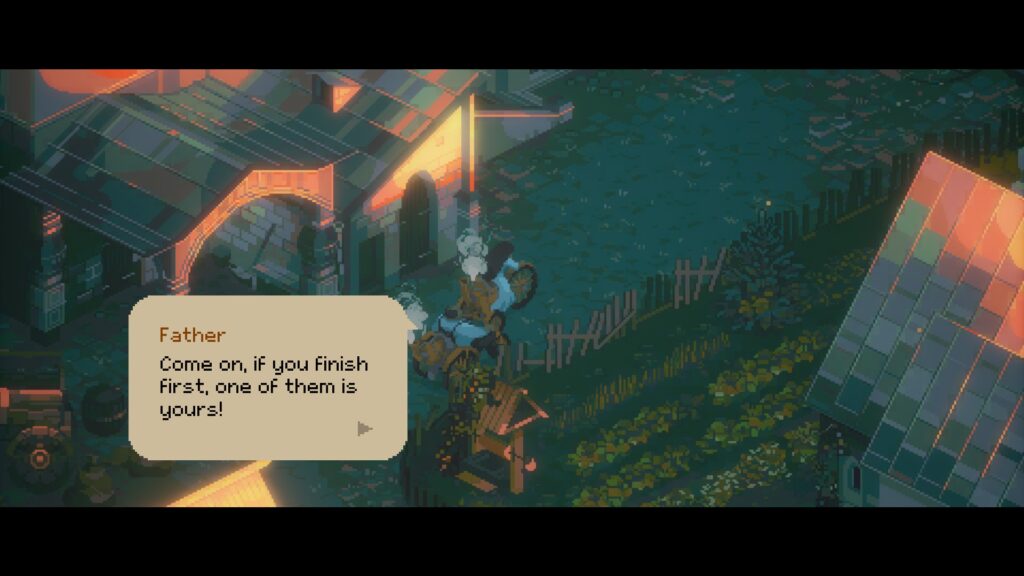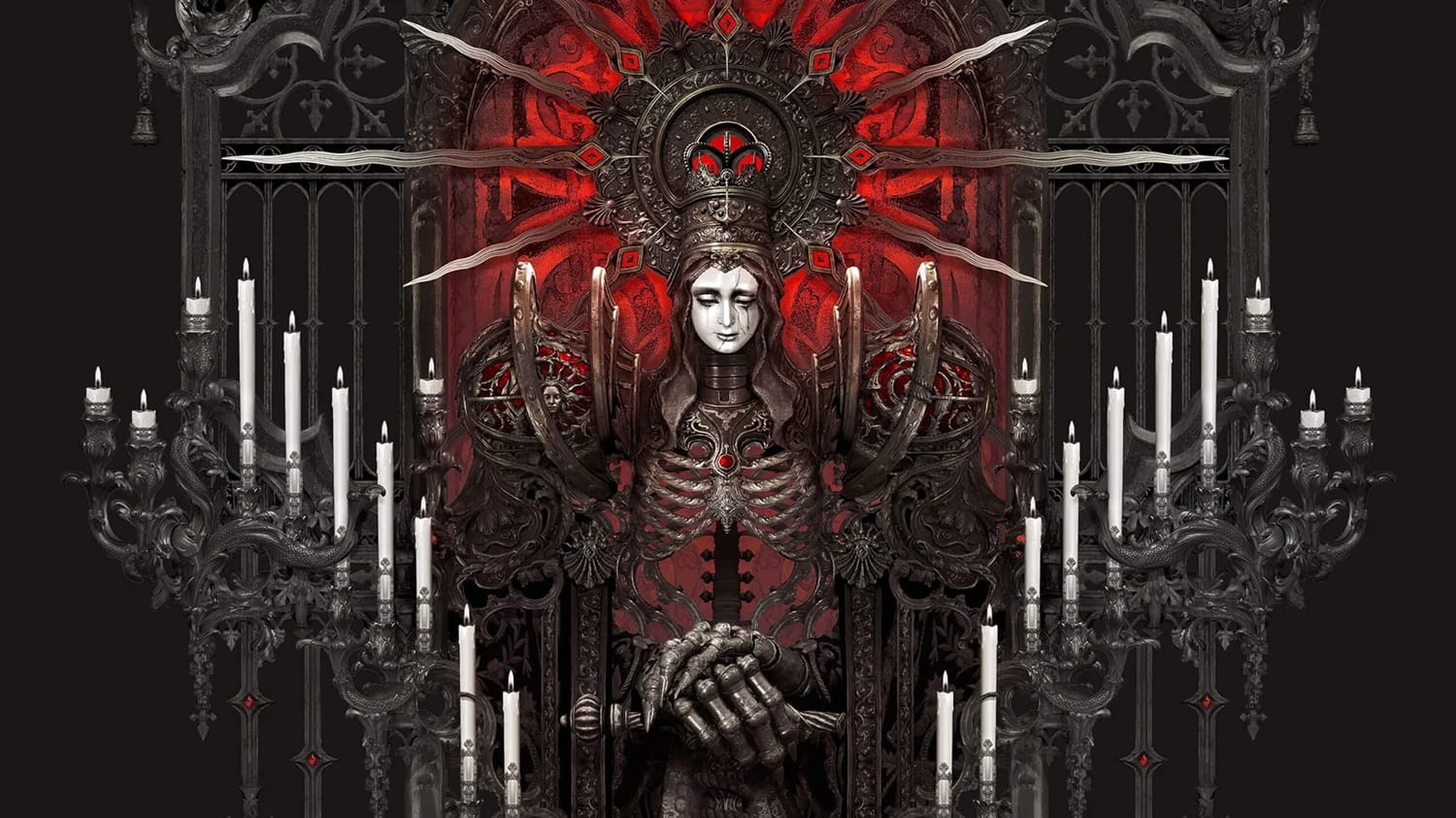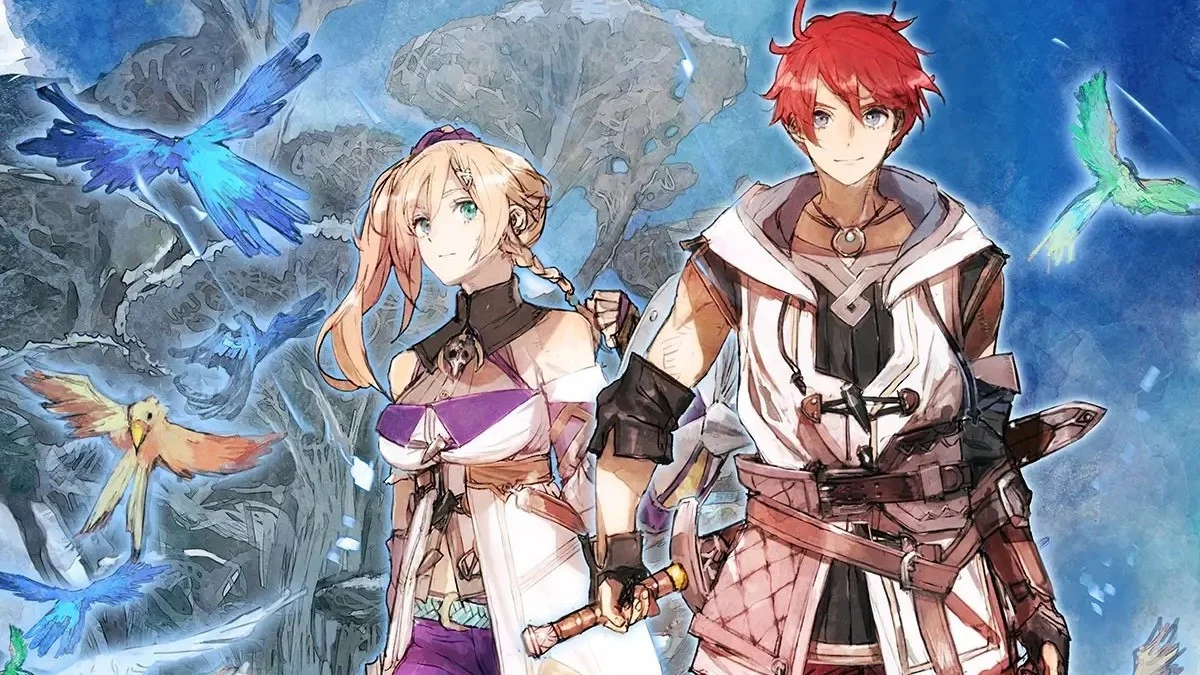Russian history has long been a fascination of mine, ever since I studied the period 1855 to 1964 at school, beginning with Tsar Alexander II’s reign and ending with the removal of Nikita Khrushchev as Premier of the Soviet Union. Indeed, while at school I actually had the opportunity to visit Moscow and St. Petersburg as part of a history trip, and even more memorably, I had my 18th birthday while in Moscow. Unfortunately, this is essentially impossible today, ever since Vladimir Putin ordered the invasion of Ukraine in 2022. Most western governments advise against all travel (which would invalidate your travel insurance if you attempted to visit), and all direct flights have been cancelled indefinitely.
At the same time, some Russians themselves decided to flee, given the incredibly repressive conditions imposed by the Putin regime. These include developers Odd Meter, who shipped their entire studio to Kazakhstan. Game director Dmitry Svetlow described the invasion of Ukraine as an “insane crime” which was done simply to “satisfy the ambitions of an elderly, weak-minded dwarf”. Odd Meter’s new game, Indika, is set in an alternate, vaguely steampunk Russia in the 19th Century, and puts you in the shoes of a seemingly devout similarly named nun. However, Indika is constantly tormented by a voice in her head, which appears to be the Devil himself.
The story at first follows Indika as she’s sent on menial tasks by the sisters of her convent, but after she’s asked to deliver a letter to a neighbouring monastery, her story takes quite a few unexpected twists and turns, soon falling in with the injured convict Ilya, whose arm is infected but seeks a miracle to have it restored. Ilya accompanies Indika for most of the game, the two often collaborating but sometimes at loggerheads. The voice acting from the entire cast is truly excellent with the English voice actors all being memorable, although special praise must go to the funny and delightfully devilish voice of Satan, Silas Carson. The game isn’t too long at about 4 hours but they’re all enjoyable, although I did find the actual ending rather an anticlimax.
In terms of gameplay, Indika is a third person narrative adventure in the style of something like What Remains of Edith Finch, with some light puzzle solving and exploration. As you explore the world, you may need to solve a variety of environmental puzzles, such as moving a heavy safe in order to slide a piano over to an open window in order to climb out, or rearranging elevators in order to cross a gap, and so on. The game is spread across a variety of locales, from the cold, inhospitable wilderness of the Russian countryside and small villages, to the industrial decay of the Spasov Fish Factory with its gargantuan machinery, rather reminiscent of the whaling docks in the original Dishonored.
As a Russian Orthodox nun, you’re rewarded with “piety points” for doing things like lighting the candle of religious icons found in houses, or doing the sign of the cross when seeing paintings of Jesus or the apostles. These can then boost your level, allowing you to unlock abilities to earn more points, but as the game says several times in loading screens, they functionally do nothing. Several times you are metaphorically “tempted by the Devil” as he whispers blasphemy in your ear, the game world literally torn apart in a demonic chasm, and you need to alternate between intensely praying (to repair the world) and stopping, to create a path towards the exit.
Thematically there are plenty of interesting topics explored, not only the nature of Indika’s faith and her ever-present torment by the Devil, but the meaning of morality and free will, exploring concepts like Predestination (that all events, good or bad have been willed by God and we are simply following his grand plan). Indika also merges its almost photo-realistic art style with some deliberately old-school sections, with both the menus and some interstitial scenes being rendered in 2D pixel art. These are often flashbacks to Indika’s earlier life and contain a couple of classic video game formats, including a brief platforming level, or a racing minigame. I’ve never seen this kind of clash of styles before, and it works surprisingly well.
The game is gorgeous throughout, particularly the enormous crumbling buildings, distant and lopsided Russian churches or dilapidated houses, the howling wind and billowing snow creating a very apocalyptic atmosphere. Although broadly similar to real life, this is also a world where steam-powered motorbikes and cranes exist, which you get to control at various points. The character models, particularly Indika herself look extremely lifelike. Likewise the music retains its classic video game influence being predominantly chiptune in nature, although like the 2D pixel art sections, it does create a unique atmosphere; intriguing and sometimes funny, sometimes sombre.
While the ending is rather anticlimactic and doesn’t really resolve anything (perhaps being set aside for a sequel), the journey across snow swept alternate 19th Century Russia in the shoes of a struggling nun was a memorable and worthwhile one. The writing is consistently interesting as Indika vacillates between her own concepts of good and evil, those of the Russian Orthodox Church, and those temptations and evil thoughts whispered into her mind by the Devil metaphorically on her shoulder. While she always tries to do the right thing, society and the establishment don’t necessarily see it that way. If you’re looking for a narrative adventure which is stylishly pushing the genre forward, Indika absolutely delivers.

